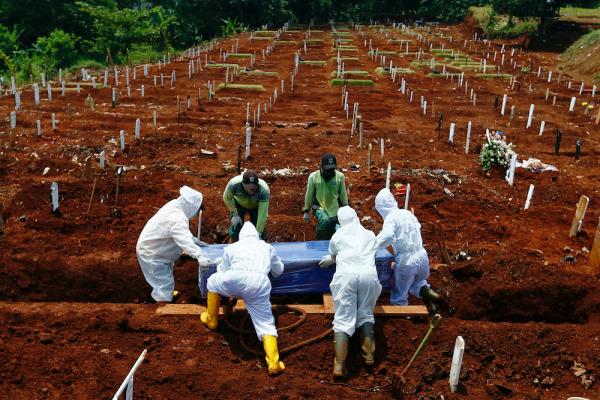Oct 8, 2020
Pope Francis has a penchant for impeccable, maybe even providential timing. His encyclical Laudato Si’ came out just months before the 2015 Paris climate summit and played a key role in influencing public opinion and galvanizing political will behind bolder climate action to protect “our common home.” Now, less than a month before the most consequential U.S. election in generations, the pope’s new encyclical provides a powerful rebuke to a politics of division, fear, and hate while also casting a vision for the human family that is deeply relevant to applying our faith to U.S. leadership in the world.
Read the Full Article

Already a subscriber? Login
